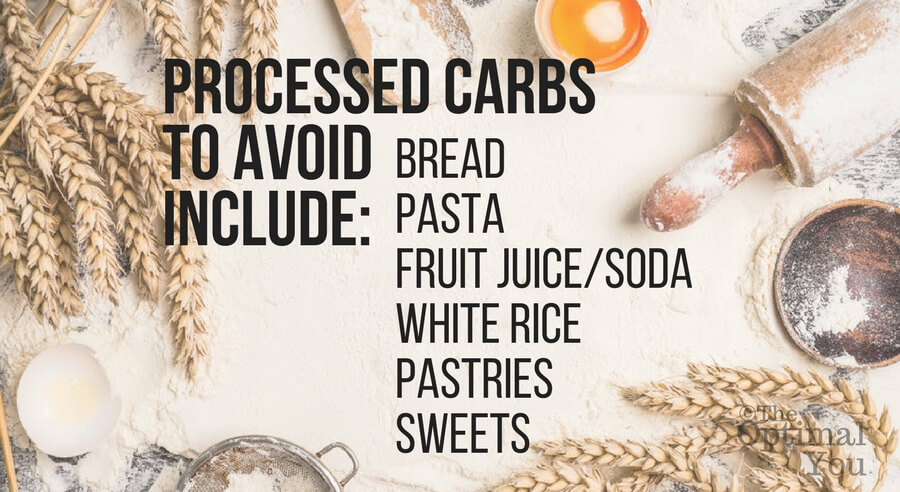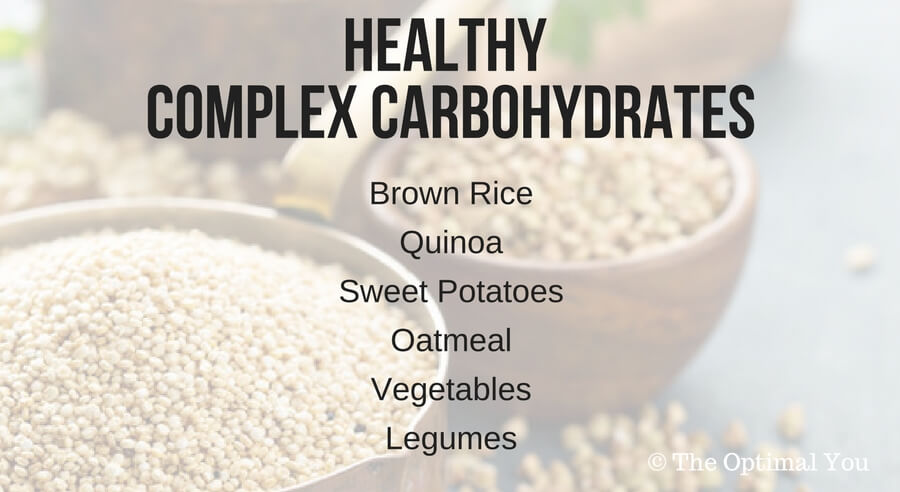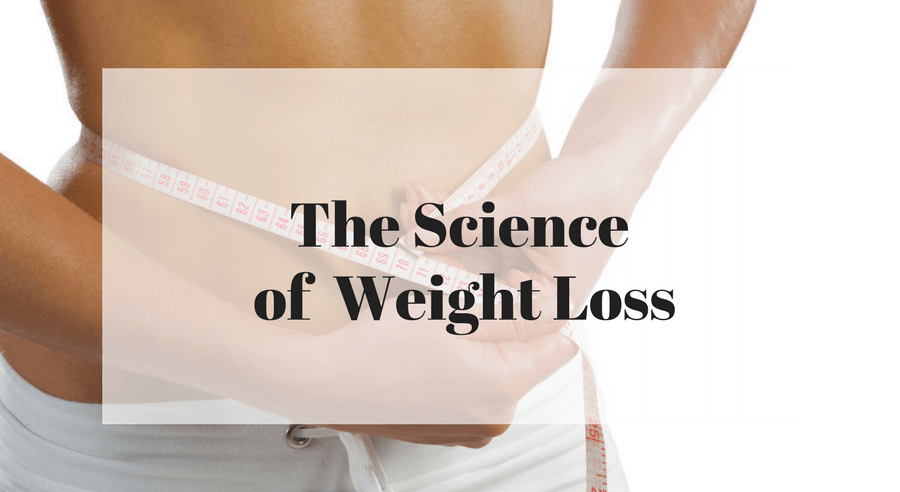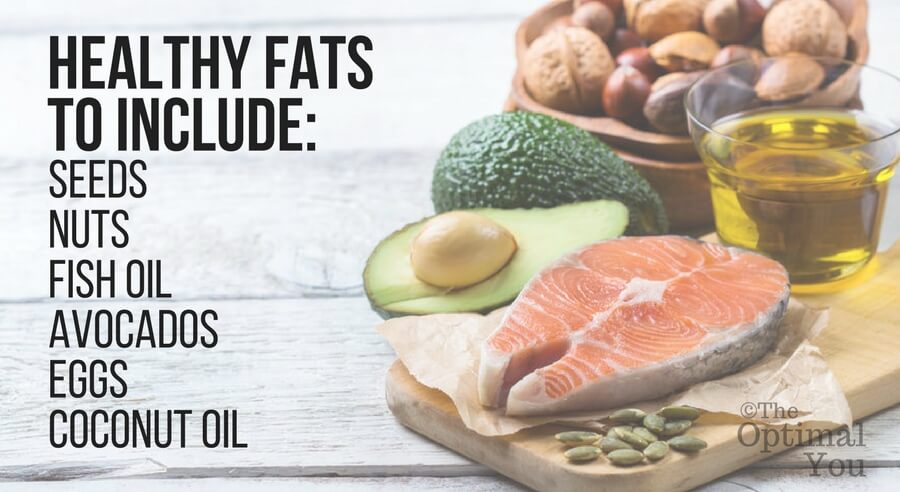North America is currently facing a serious problem with obesity rates being higher than ever.
Working in an obesity lab, we learned that by 2020 about 70% of the population will be overweight or obese.
With that, more and more people are looking for ways to burn body fat and lose excess weight.
Weight loss is a complicated process based on science, and not a matter of personal will – there is no magic pill or secret workout to lose weight.
If you want to lose weight and keep the weight off, you must be willing to educate yourself and make several lifestyle and nutrition changes.
How It Is About Food QUALITY, Not QUANTITY
To effectively lose weight, we have to get away from focusing too much on calories in versus calories out.
The mantra of eating less and exercise more that we hear from government agencies, and from most doctors and nutritionist really is not working. The truth is there are good calories and there are bad calories and metabolism is more than a simple math problem.
We now know that not all calories are created equal and instead of focusing on the quantity of food, we need to focus on the quality.
Processed Carbs and Effects on Weight Loss and Gain
One of the biggest culprits to weight gain and this growing obesity epidemic is the fact that we eat way too many carbs, especially refined processed carbohydrates high in sugar, and not enough healthy fats. (See: 1, 2, 3, 4)

Processed carbs to avoid include:
- Fruit juice/sodas
- White rice
- Pastries
- Sweets
We constantly hear that refined carbohydrates are bad, but what is it about them that makes them ‘bad’?
The process of refining these carbohydrates essentially means isolating the sweetness in the food while getting rid of the rest.
All forms of these concentrated carbohydrates contain fast releasing sugars, in other words, have a high glycemic load (GL), triggering a rapid increase in blood-sugar levels.
A diet high in glycemic carbs also stress’ the mitochondria of our cells, which are responsible for controlling the body’s energy system – and this too negatively affects weight loss.
How the body stores fat:
The body’s response to an increase in blood-sugar is to release a hormone called insulin, which transports sugar into the cell.
Insulin is essentially a fertilizer for fat…
which means…
sugar is first transported into the liver and muscles, where it is stored as glycogen.
But once glycogen stores have reached their limits, or if this stored energy is not used it will turn into fat.
If your goal is to lose body weight, and to keep the weight off, you have to normalize your blood sugar by avoiding processed carbohydrates and sugars.

Another problem with refined sugars is that the refining process strips the food of vitamins and minerals, which are found in natural sources of food.
Which means…
…without these vitamins and minerals, the body cannot efficiently digest and metabolize the food, which can lead to a range of symptoms including poor energy levels, concentration, and even weight gain.
How Weight Loss is Influenced by Low Glycemic Carbs and Healthy Fats
To lose weight and keep it off it is important to learn to manage your blood sugar levels by avoiding high glycemic carbs, and replacing them low glycemic foods (See: Glycemic Food List)
Low glycemic foods do not affect blood sugar in the same way that high glycemic foods do.
They do not raise your blood sugar and trigger insulin, that fat fertilizer, the same way that high glycemic carbs do so they do not lead to weight gain.
They also keep you full for longer, making it less likely for you to snack and eat something that you probably will regret.
Healthy sources of complex carbohydrates which include best foods for weight loss:
- Brown rice
- Quinoa
- Sweet potatoes
- Oatmeal (gluten-free!)
- Vegetables
- Legumes

Why it Important to Consume Fiber for Loosing That Fat From Your Body
Low glycemic carbs are also a great source of fiber.
Fiber is critical for fat loss as it promotes a natural way of body detoxification. Your body holds onto fat to protect you from toxins, so eliminating toxins is very important if your goal is to lose body fat.
You can learn more about the connection between toxins and weight gain: How to Naturally Detox Your Body
A Diet High in Healthy Fats Will Make Your Body Better at Burning Fat!
Yes, you read that right!
So keep your carbohydrate intake to a minimum, instead have sources of healthy fats.
Healthy fats include:
- Seeds
- Nuts
- Fish Oil
- Avocados
- Eggs
- Coconut Oil
- Any many more (see longer list)
Seeds and nuts are not only a great source of healthy omega-3 fats, but they are an excellent source of protein.
Supplement with a high quality fish oil supplement high in EPA/DHA. Aim for a total of 2-4g of EPA/DHA combined each day.
Have one avocado each day.
Avocados are an excellent source of fat and glutathione,…
…glutathione is the master anti-oxidant and amazing for detoxing, and with additional benefits for weight loss.

Glutathione Benefits: support health and immune function. detoxifying anti-oxident, and anticancer agent. Source: BeatCancer.org
Always have a healthy rotation of glutathione-full foods to eat, remember to always cook with coconut oil or avocado oil.
All oils that are liquid at room temperature convert to trans-fat when exposed to hear. Coconut oil and avocado oil are stable at high temperatures and are a great source of healthy fats.
How Do Calories Contribute to Loosing Weight?
Shouldn’t I be counting my calories to make sure I am eating my daily macronutrient requirements for my goals?
Not really!
At The Optimal You we encourage everyone to get away from the mentality of focusing on food quantity, but instead focus on food quality!
Watch Video: House Call: The Truth about Low Carb Diets
This is a much more realistic approach to dieting and much more sustainable in the long run for loosing weight.
In certain cases a negative reaction to the digestion of food produces symptoms in one or more parts of the body which may be a food intolerance; here is our post on curing a food intolerance naturally.
Treating these intolerances may help you more effectively digest certain foods, and in turn increase your overall health.
To loose weight it is unrealistic to always be calculating the calories you are eating.
To get a general idea of how much to eat you can calculate your RMR, which is how much energy your body needs when it is at rest. If you eat fewer calories than what your RMR, your body things you are starving it and begins to shut down.
To calculate your RMR (Resting Metabolic Rate):
Average Size: Weight in Pounds (lbs) x 10
Muscular build: Weight in Pounds (lbs) x 13
Overweight Weight in Pounds (lbs) x 8
Click here to watch a video on how to calculate your RMR.
How Science Affects The Process of Weight Loss:
If you really want to get your body into fat burning mode and do it for the long term, you need to educate yourself on the different carbohydrates.
You need know which carbohydrates are high glycemic and processed and you want to avoid them.
These include: fruit juice, soda, white rice, pastries, and bread.
You want to limit your carbs to complex carbs and instead replace the carbs with healthy fats like: seeds, nuts, fish oils, eggs, avocados, coconut oil.
With your mindset, try and getting away from focusing on the numbers, and on the quantity of food, instead focus on nurturing your body with healthy foods.
Follow these principles and you will succeed with weight loss and do it for the long-run! At The Optimal You we have designed a online personal training and nutrition resource where you can get a customized plan for you and your specific fitness goals.


